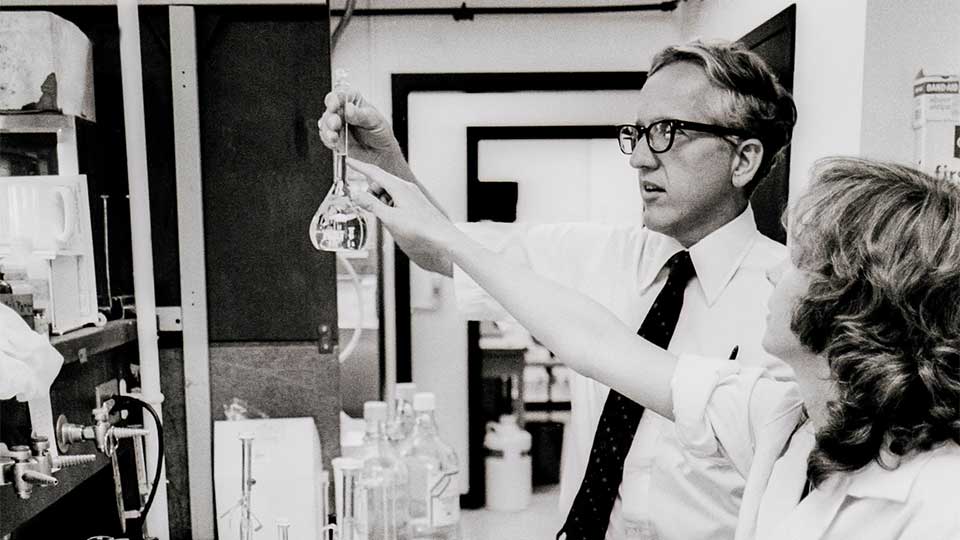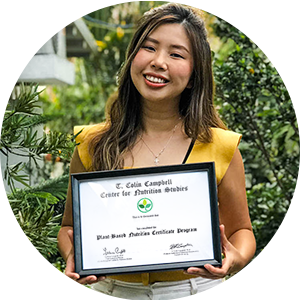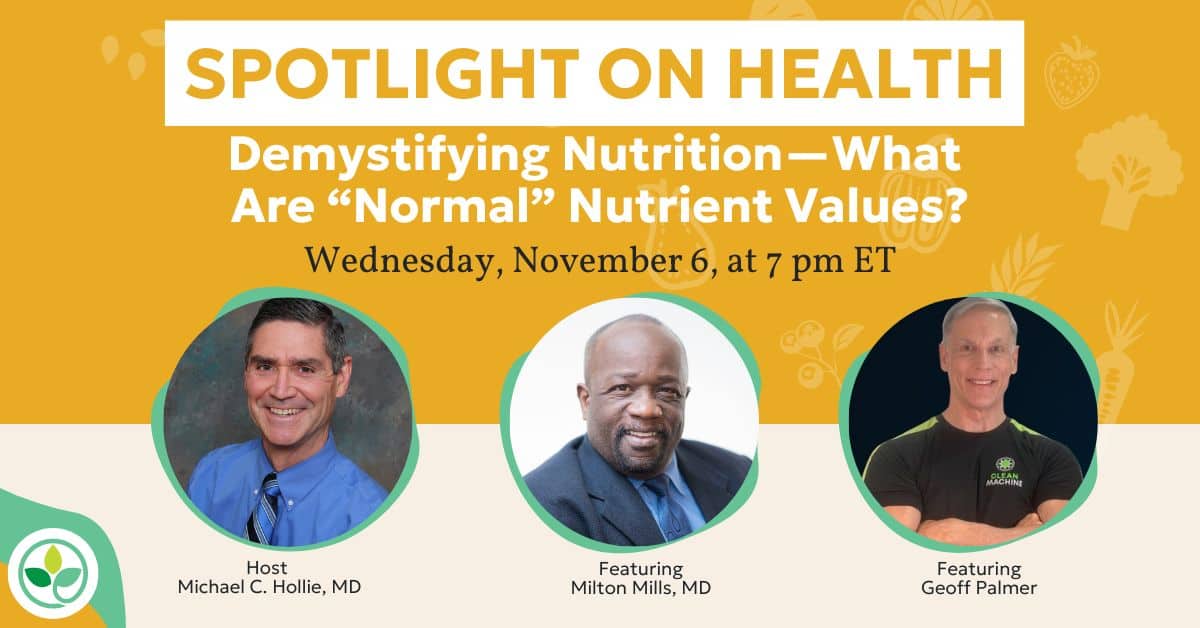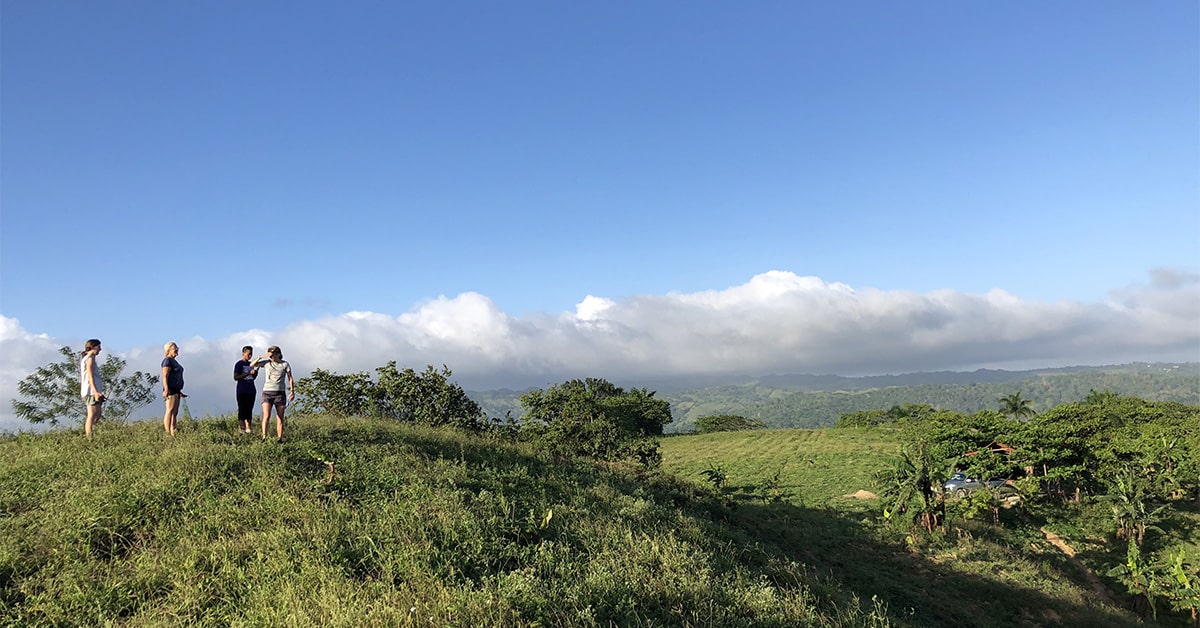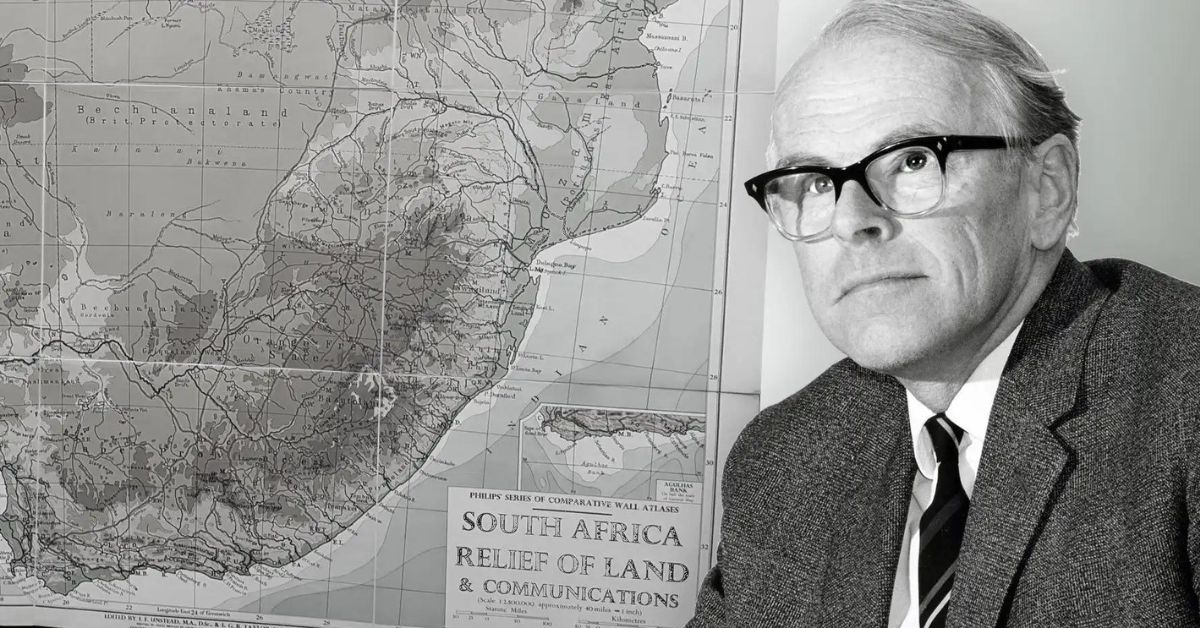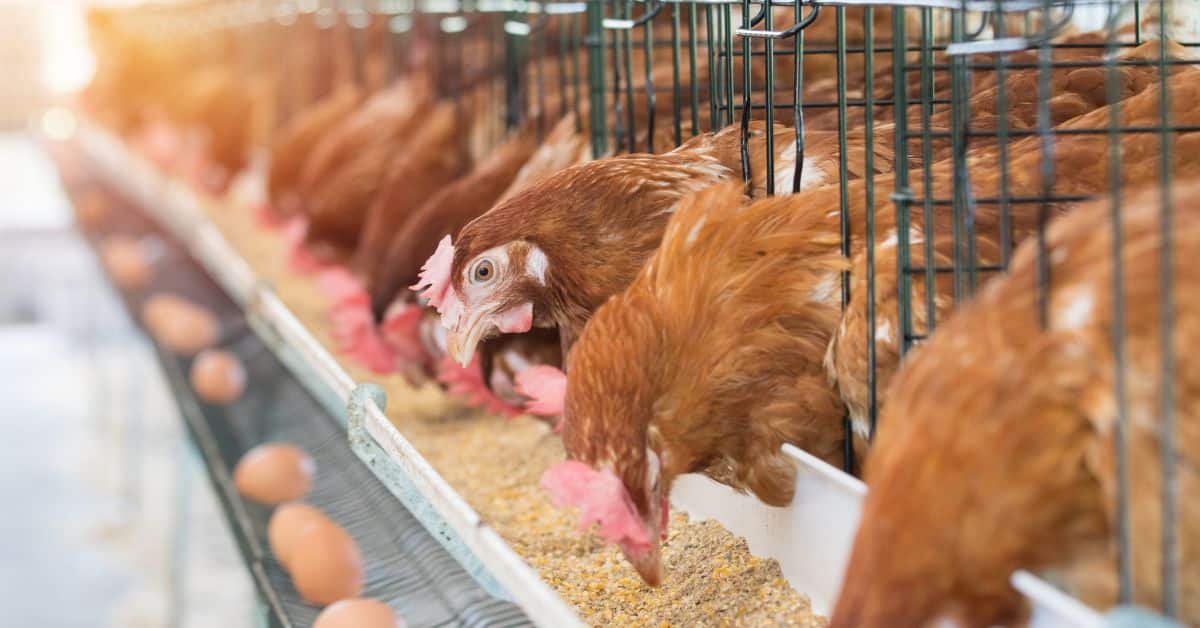Join the Pioneer of Whole Food, Plant-Based Nutrition
“Everyone in the field of nutrition science stands on the shoulders of Dr. Campbell, who is one of the giants in the field.”—Dean Ornish, MD
Earn Your Plant-Based Certificate
T. Colin Campbell has revolutionized how we think of nutrition for decades. Now—for the health of our bodies and the world’s communities, for the restoration of ecological balance—it’s time we put that knowledge into practice.
An endowed chair at Cornell University, and the lead scientist on The China Study
“The Grand Prix of epidemiology.”—New York Times
Earn Your Plant-Based Nutrition Certificate
Join over 20,000 students who have improved their health, learned new skills, and even inspired career changes.
Program Overview
- 23,000+ students
- 100% online, learn at your own pace
- No prerequisites
- Continuing education credits
CNS Kitchen
A supportive community for whole food, plant-based cooking and wellness
- Interaction, engagement, and nonjudgmental support
- Delicious WFPB oil-free recipes
- Practical strategies that have worked for our community members... and can work for you
- Weekly live Zoom interactions with other members of the community
- Whole Food, Plant-Based Wellness Challenges
- The guidance of our highly engaged, knowledgeable, and warm-hearted community hosts
Featured Events
Whole Communities
Unleash the power of a WFPB lifestyle
- Attend monthly workshops led by our inspiring grant recipients
- Learn from successful community groups around the world
- Network with advocates for regenerative food systems
- Obtain resource guides and other actionable tools
- Learn how you can become part of the solution
Join our free online community to:
